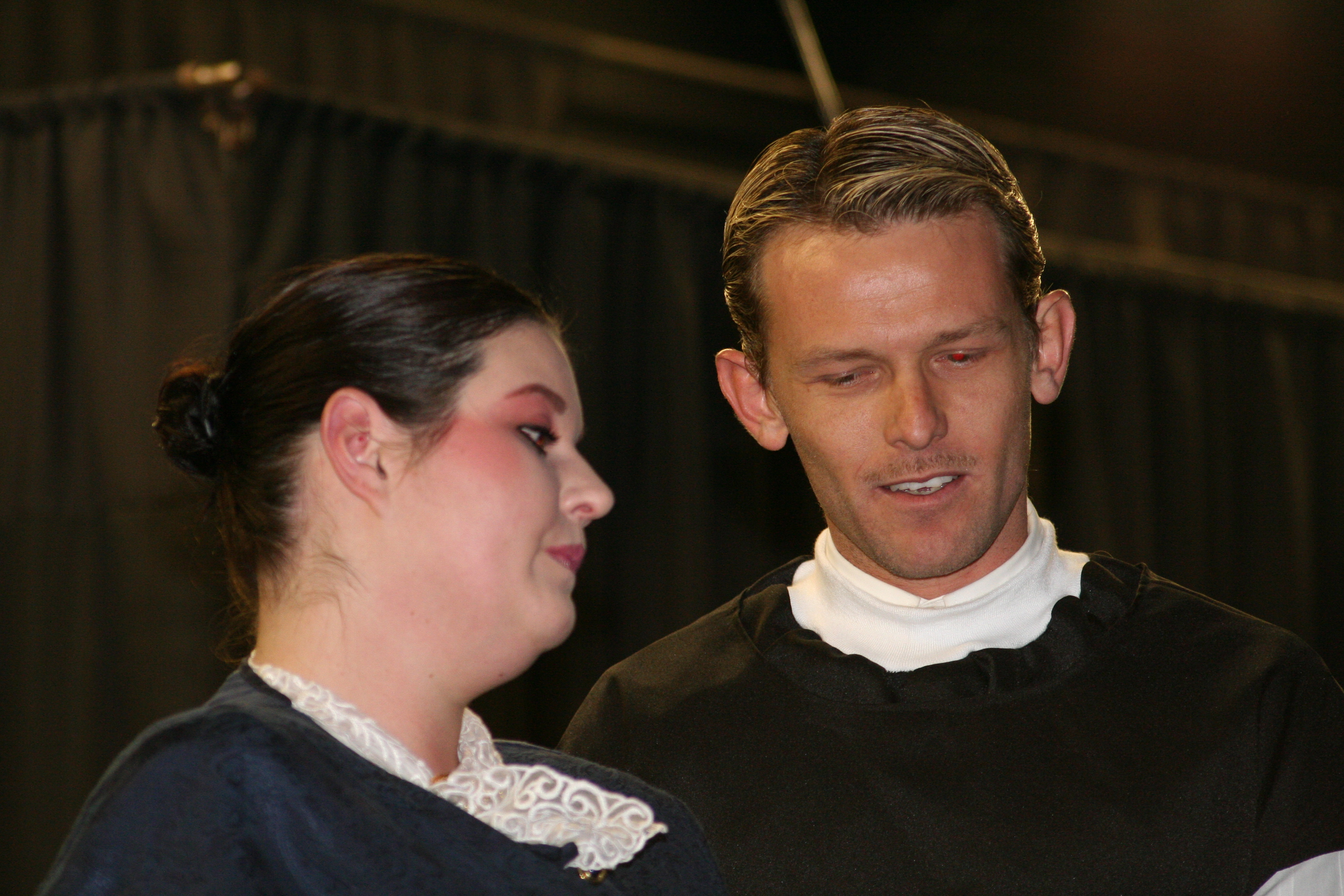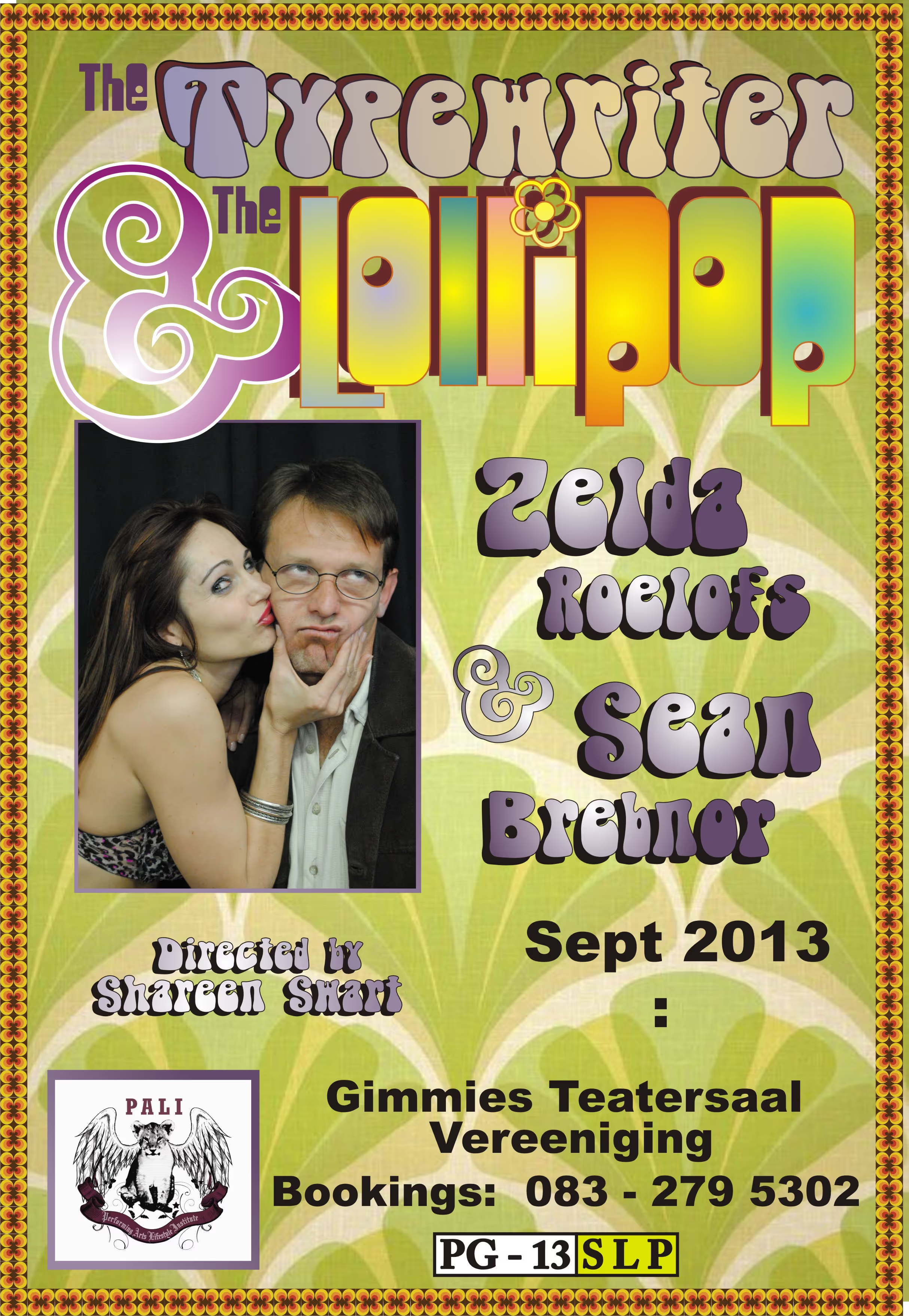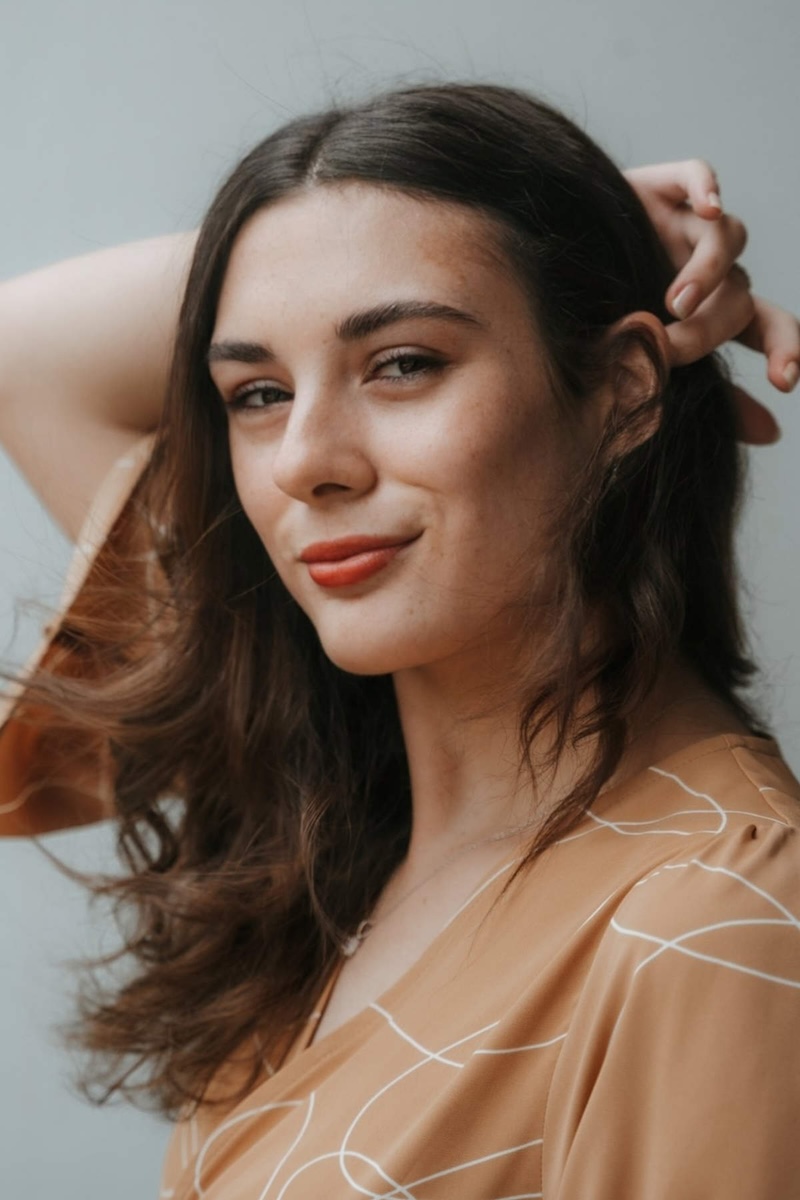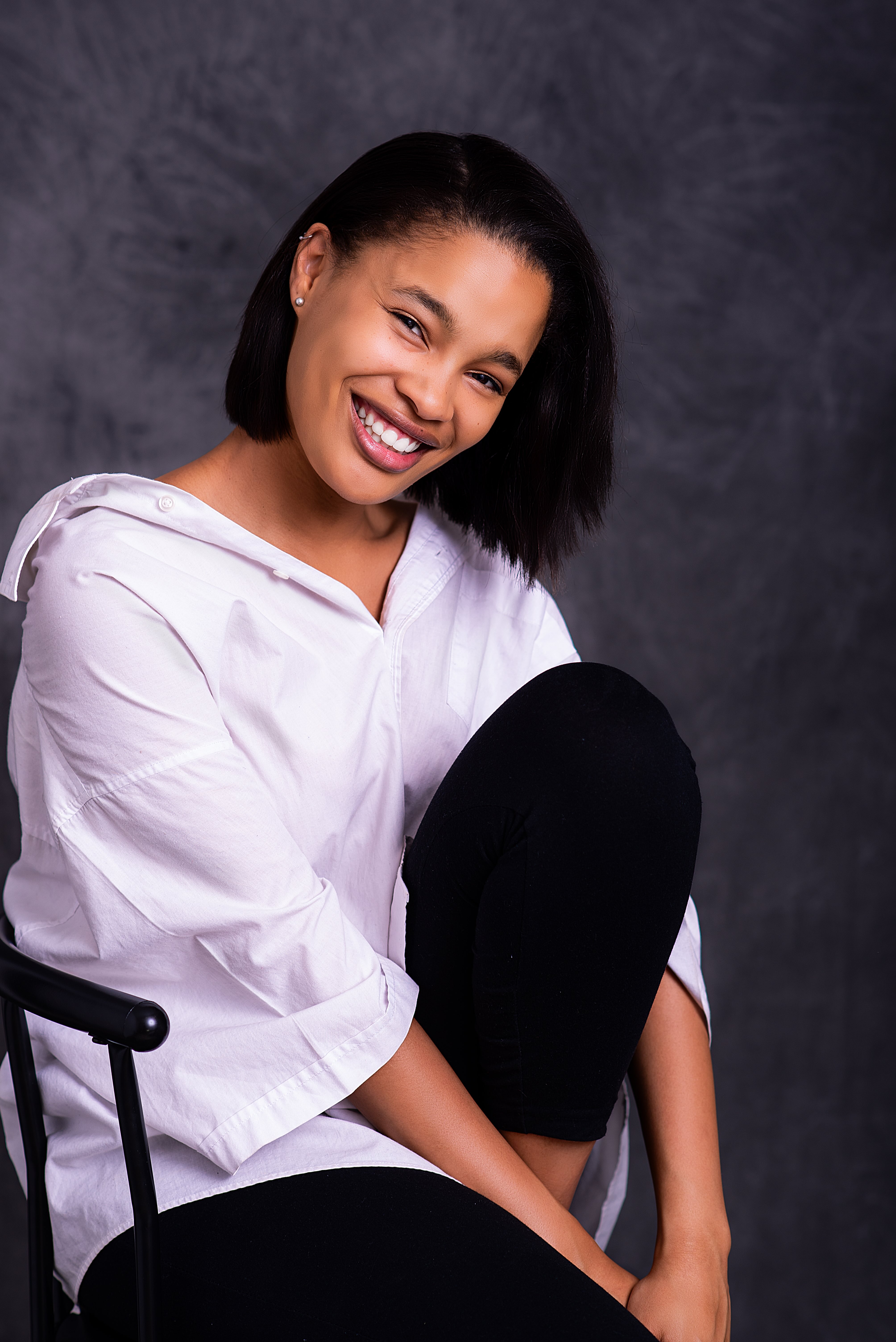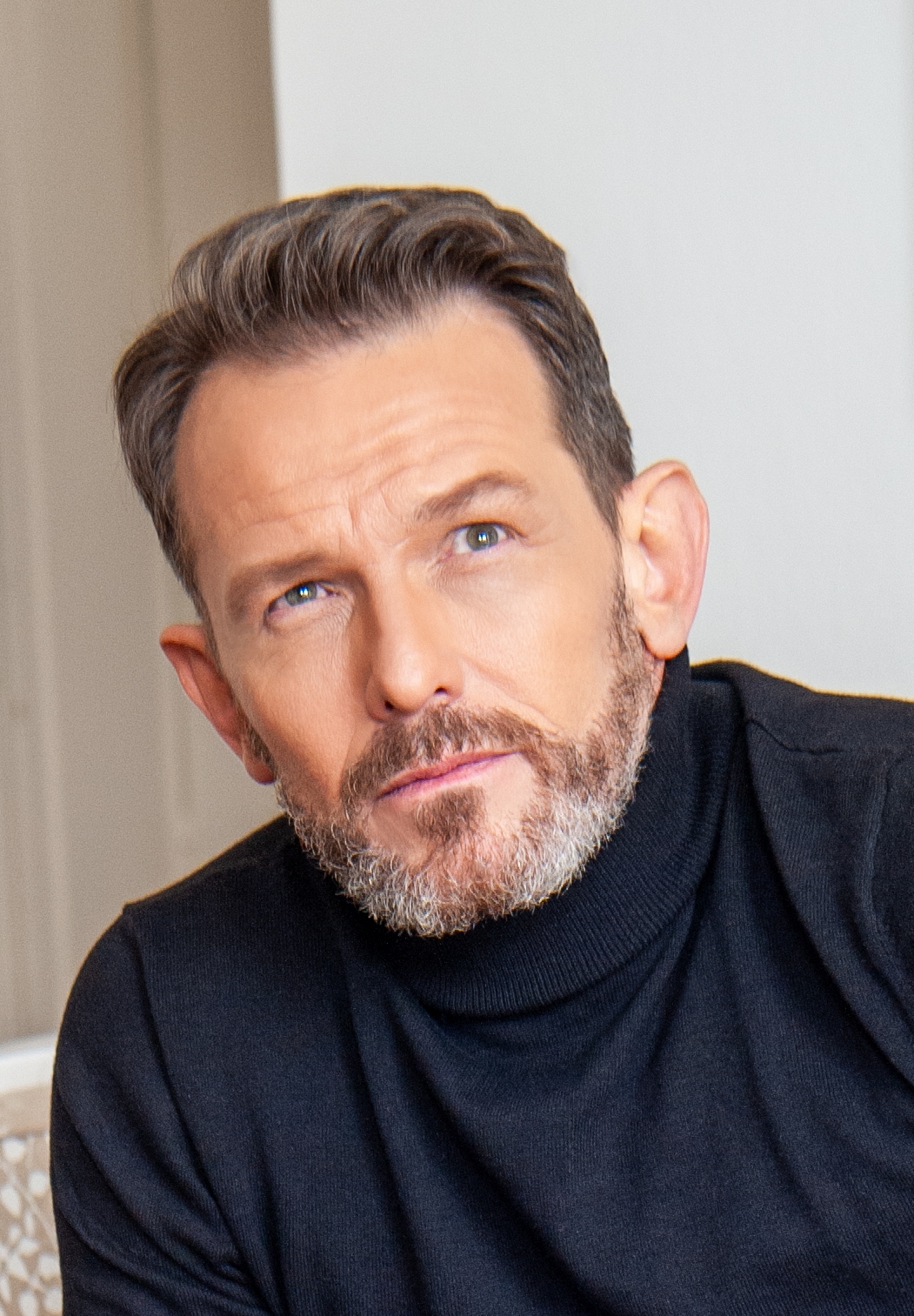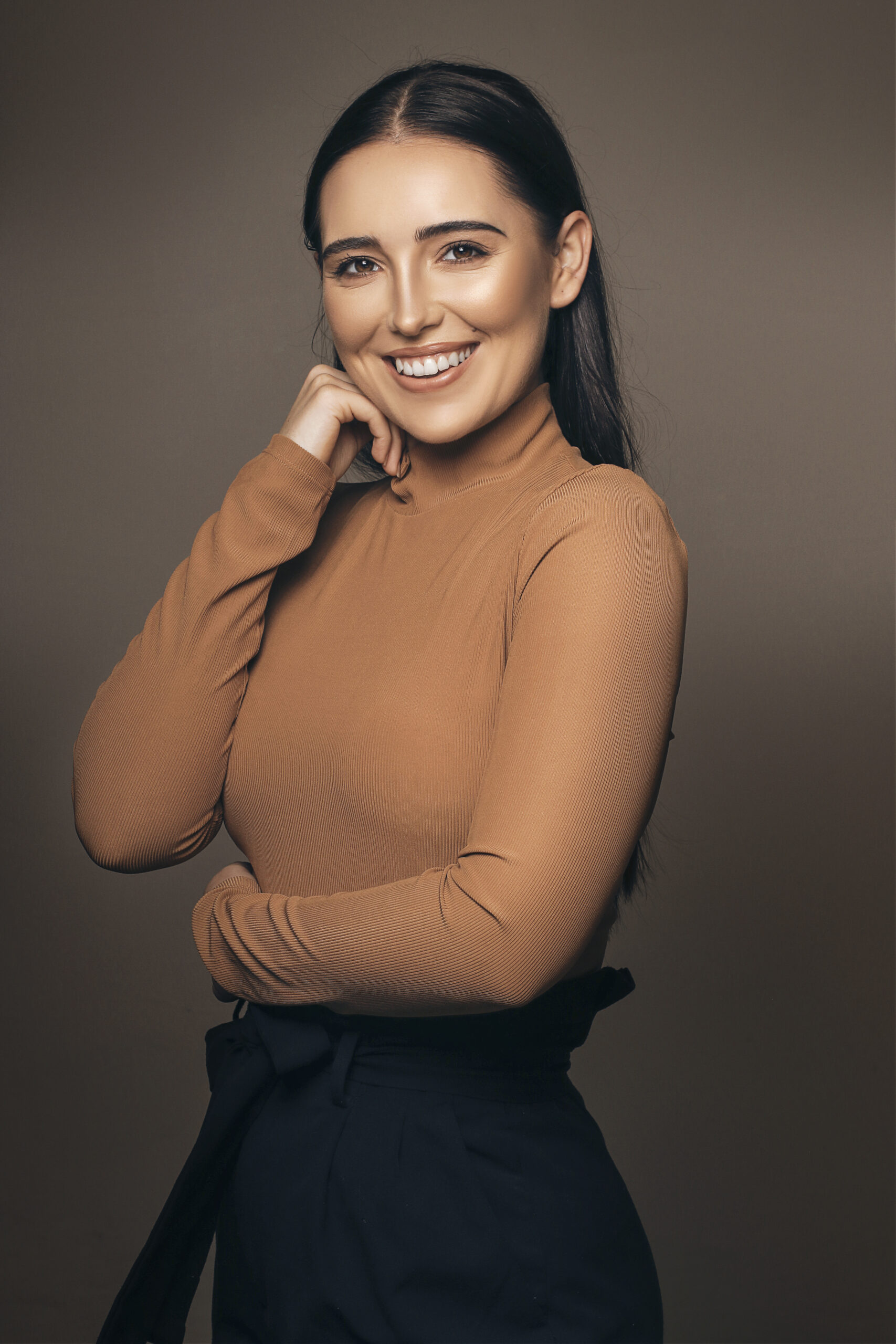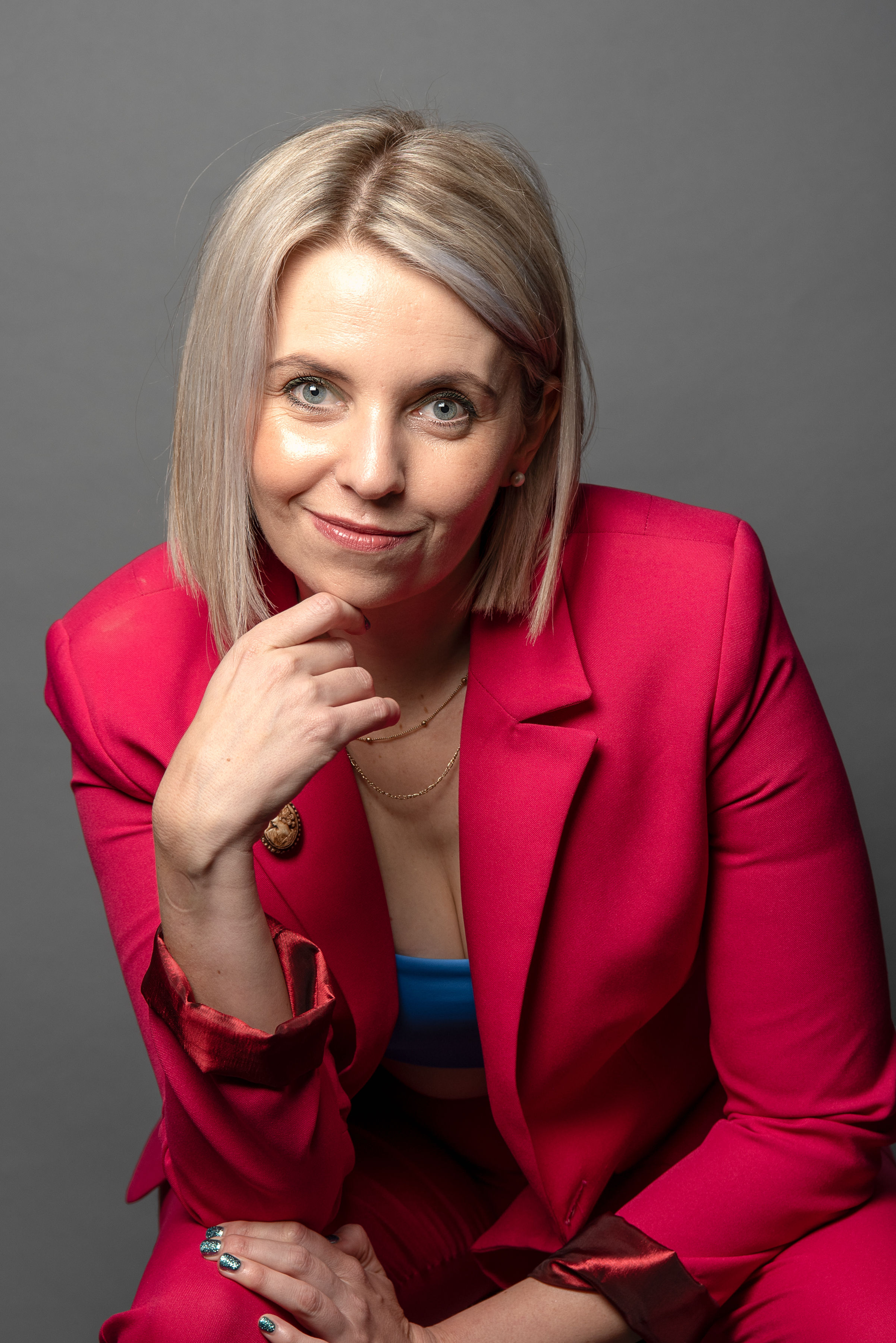Focus on Sean Brebnor
PALI alumnus Sean Brebnor is a fantastic example of an artist with a diverse skillset. Other than being an actor, Sean is also a very experienced production designer, translator and writes subtitles for film and television.We spoke with Sean to get a glimpse into his career, mindset, and thoughts on the entertainment industry.
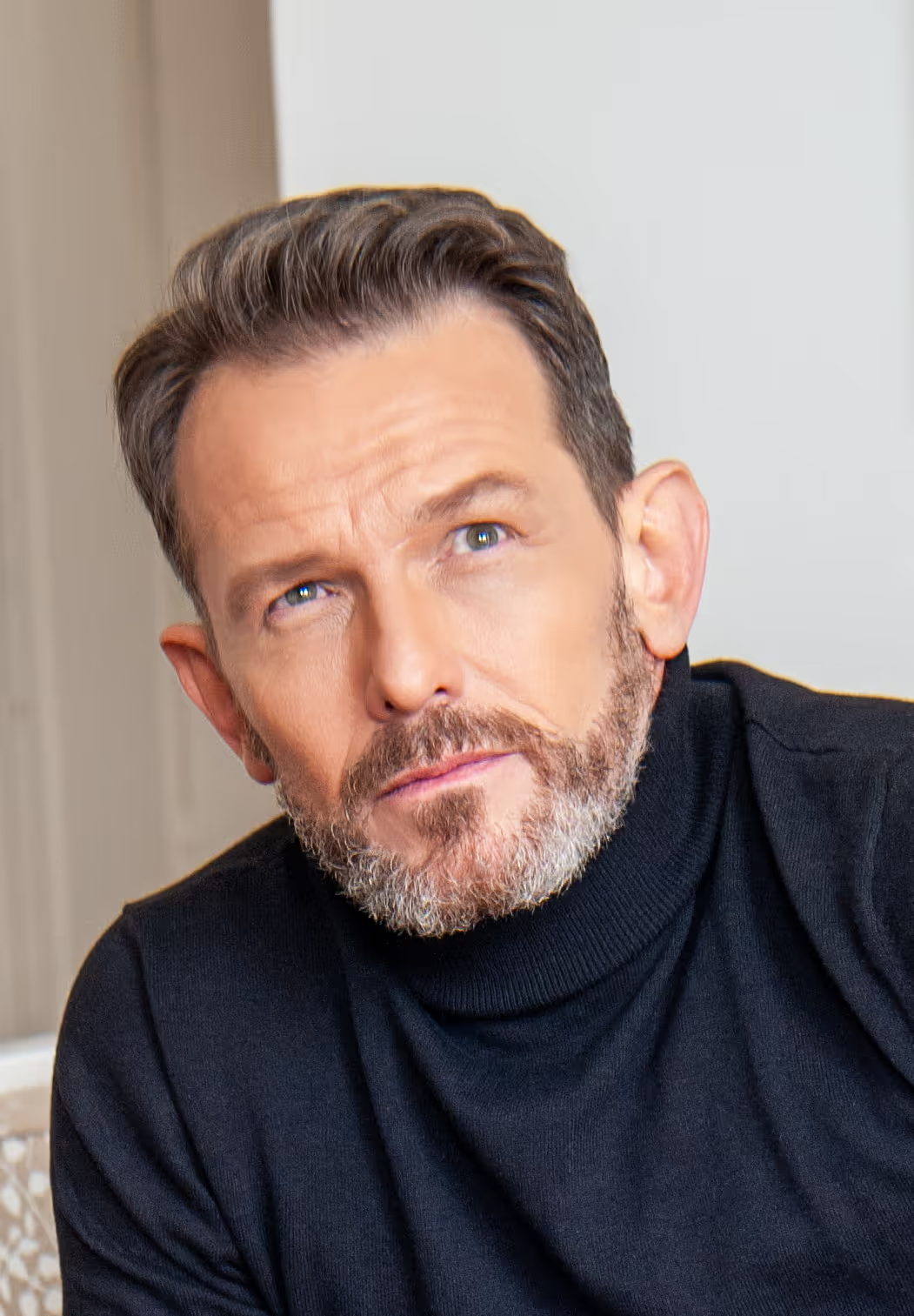
When and how did you realise you would like to pursue a career in the entertainment industry?
At age 11, when I was in Standard 5 (Grade 7), I was cast in our school’s operetta, The Pied Piper of Hamelin as the villainous mayor, who incidentally had not only the most dialogue, but the part thankfully didn’t require me to sing. Even though I love to sing, my performances are mainly reserved for the shower (or the extremely rare drunken karaoke night!) It was there that the seed of one day becoming an actor was first planted. Thinking back, it was probably also foreshadowed then that I would find myself mostly portraying villains in almost everything I have had the privilege to be cast in so far. I blame my small eyes for that.
In high school, I performed in every possible school play produced, but coming from a rural town in northern Natal, high brow entertainment opportunities were non-existent, and due to ill-informed advice from my school’s guidance teacher, I found myself misguidedly applying to study my second passion at the time: Fine Arts. Not that it didn’t come in handy later in my life, it just took me away from what I truly wanted to be… for many, many soul-destroying corporate years.
At age 36 - I think it was in April - I had the good fortune to meet a student facilitator of PALI (then known as StartStruck School of Acting) at a concert. Upon hearing my desire to get into the entertainment industry, she promptly invited me to attend a class the following week, which I did. I thoroughly loved the experience and I stayed on. At the start of that following year, I secured an agent, and the rest is history.
What is your favourite memory of your time at PALI? Was there perhaps a favourite production?
Oh, there are far too many favourite memories! I could write a book. From stage productions, such as my very first, year-end show, No Service Please, We’re South African (which we had the privilege of performing at the State Theatre), to productions such as Hardloop, Dominee!; Nag van Legio; Kom Soos Jy Is, and TheTypewriter and The Lollipop. Then there were many exciting student film projects, of which the most notable being “SiekLUS”, which I wrote, directed, edited, and co-produced with André Velts. That year marked the first time students were invited to pitch short film ideas to a panel of judges, with the winning concept receiving a grand prize of R3,000 to bring their vision to life. We ended up not producing a short, but a full-length feature film in just six weeks, with principal photography done over four weekends. Our budget eventually ran to nearly R100,000! We were incredibly fortunate to have received generous sponsorships and donations that made it all possible. It was a harrowing and stressful time, but also one of the most exhilarating and rewarding creative experiences, that I will forever treasure. Our movie even had the inimitable Henry Mylne in tears, ‘nuff said!
At the same time, while shooting SiekLUS, we were also knee-deep in rehearsals for Nag van Legio - a dark and demanding play, in which I had the dubious honour of playing “Dogoman”, who was an integral driving force of the play. Balancing both projects in the run-up to Krêkvars, the University of Pretoria Drama Department’s annual festival, was no small feat. We had three performances there that year, and I remember, being utterly exhausted and way under-rehearsed, unfortunately skipping a few paragraphs of dialogue on opening night (and regrettably the second night too).My fellow actors had to think on their feet to keep the performance going, only to be thrown for a loop when, expecting the same from me on the closing night,I actually didn’t! It makes me chuckle thinking about it now, but it wasn’t so funny then, and it definitely was a valuable learning curve for me.
Another cherished memory was performing in The Typewriter and the Lollipop, directed by the late, great powerhouse of a woman and actor - and founder of PALI - Shareen Swart. That production remains my fondest stage experience at PALI. It was an hour long two-hander and the individual attention, creative insight, and lessons learned from Shareen during rehearsals will always be an invaluable part of my training. And as a bonus, I had the time of my life designing the 1970s-inspired set for it.
I also fondly remember directing two fellow students in the two-hander, Artes vir ’n Prinses, for Krêkvars. To my utter delight, the show proved so popular that on our final night, the organisers -breaking their own policy - had to bring in extra chairs and even allowed audience members to sit on the floor at the foot of the stage just to accommodate everyone who wanted to see it. It was during my time at PALI that I came to the realisation that beyond acting, I had an equal love for directing.
But truly, none of these memories would mean as much without the people I had the privilege to meet, work with, and learn from. None of these experiences would have been possible or even half as fun and special without them!
You are also an incredibly experienced Production Designer and have written subtitles and translations for a lot of productions as well. Why do you think it is important for artists to have a diverse skill set?
As an actor or a performer, having multiple talents and abilities inevitably opens a door to more work opportunities. For instance, if you can sing, you can do musicals for stage and film, not to mention pursuing a separate singing career. The bigger one’s acting toolkit, the more opportunities become available. Simple as that. This truth applies anywhere in the world, but especially in a small and limited industry like South Africa’s, compared to, say, the United States. Even there, actors need to be what I like to call the quintessential “Renaissance Man”. Artists such as da Vinci and Michelangelo mastered multiple disciplines — painting, sculpture, writing, invention, and more — hence the term. I can’t think of another industry where that idea holds truer than in ours.
Unless you’re an A-list Hollywood star, it’s nearly impossible to live on acting gigs alone. Many actors, myself included, take on other work during the in-between times to keep the lights on — ideally something that still lives within our creative world. For some, that might mean working as a makeup artist or production assistant. In my case, it’s been production design, as well as translation and subtitle work, which both individually draw on my artistic and language strengths. More recently, I’ve started doing voice work such as dubbing and radio dramas, which, unlike my other disciplines, at least keep me in the realm of acting.
It’s also become increasingly common for many actors to write and produce their own projects. Waiting around for someone else to hand you an opportunity simply isn’t a viable option anymore. Adding to that challenge is the unfortunate reality that, in South Africa, performers still lack proper industry and financial protection due to outdated legislation. Here, actors are only revered by fans, but definitely not by the government or the industry at large. That’s the sad truth of it. Which is why having a diverse skill set isn’t just beneficial, but essential. In this profession, versatility isn’t a luxury; it’s survival.
Do you have any advice for aspiring artists?
Acting, or performing in any form, has to be your passion. It needs to be your first thought, your constant thought, your only thought. To be an actor is a calling. If what you’re after is only fame and celebrity, forget it. You’ll be doing it for the wrong reason. Become a TikToker instead.
And if you’re wondering where to get the best industry-related training, I can’t recommend PALI enough. If you have both the required talent AND passion, they have the expertise to properly cultivate and nurture it. Studying at PALI gave me some of the most valuable learning experiences and insights, and being an alumnus remains one of my greatest honours.
Catch Sean as “Cobus” in the feature film Khaki Fever, currently available for streaming on Showmax.

